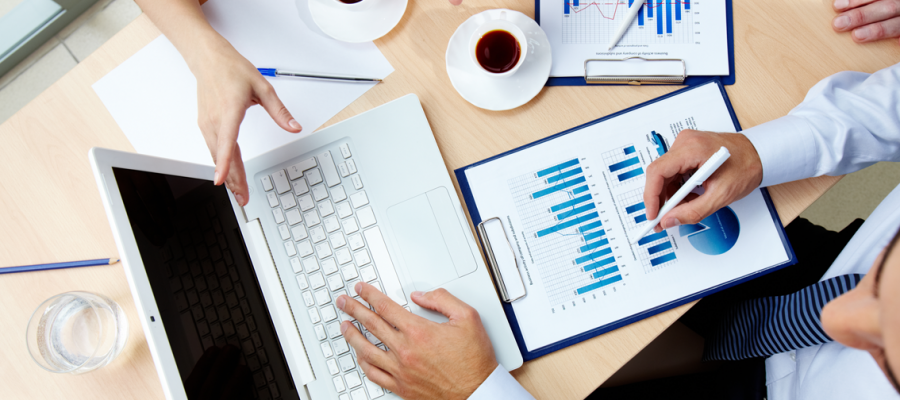When it comes to commercial financing, there are two main routes you can use to get the equipment your business needs: equipment financing and equipment leasing. Both options involve you paying for your equipment in increments rather than dropping down the full amount of the purchase price all at once.
Equipment Leasing
Equipment leasing might be the best way to approach your business commercial financing if you run a small or a new business without a great deal of access to capital. This is because standard equipment leasing does not require a down payment like standard equipment financing does. Rather, it involves regular, fixed monthly payments.
The major downside of standard commercial equipment leasing is that you never own your equipment. No matter how long you make regular payments on your lease, the equipment will still belong to the lessor. The lessor is the person or company that rents or leases the property or equipment to the lessee.
However, there are definite upsides to leasing. The startup costs are the main reason leasing is advantageous-not only is there no down payment, the equipment itself is collateral. This frees up cash and assets for you to develop other parts of your business.
Leasing also protects you from obsolescence, which is particularly important with high-tech gear like computers. If the equipment you are leasing becomes out of date near the end of your lease, for example, the lessor is stuck with it, not you. Finally, the payments on this form of commercial equipment financing are usually tax deductible.
Equipment Financing
Equipment financing is a good option for businesses with some cash available who want to buy large, expensive equipment that is not going to become obsolete in the foreseeable future. Examples of this might include chillers, trucks, and factory equipment. This kind of commercial financing is a good option for companies that either have been around for a long time or plan on being around for a long time; either way, it is for companies with a long term outlook in mind. This is partly because commercial financing in the form of a loan takes a large amount of startup money, as the down payment and collateral are both expensive and in the long run is generally less expensive.
This is also good option if the business equipment in question is key to the long-term growth and/or stability of your company. Commercial equipment financing takes high startup costs and the tax benefit is usually amortized over 15 years of the useful life of the equipment, which may or may not be greater than what you could deduct if the equipment were leased. A big benefit of equipment financing is that once the equipment is paid off the payments drop to zero. This is not an option for leasing.


